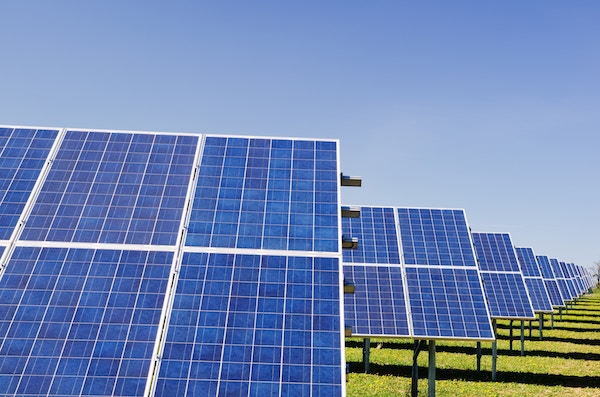It’s time for tangible state action on climate change.
When it comes to tackling climate change, many local communities aren’t waiting for state and federal government to act. Instead, they’re taking matters into their own hands.
On July 16, the City of La Crosse committed to 100% carbon-free electricity by 2050. On Thursday, Milwaukee leaders voted to create a joint city-county Climate Task Force to move Milwaukee towards net zero carbon emissions by 2050 and create economic opportunity through green jobs.
La Crosse and Milwaukee are the latest to join Middleton, Monona, Madison, and Eau Claire in passing resolutions setting city- or county-wide carbon-free targets by at least 2050.
Other communities are also taking steps to tackle climate change and promote clean energy. In 2018, the City of Green Bay formed a Sustainability Commission to set a carbon-free energy goal. Fitchburg has set a goal of using carbon-free electricity for all municipal buildings by 2030.
Dane County, seen as a leader in innovation around climate change efforts in the state and across the nation, also has moved forward with aggressive and comprehensive efforts to combat climate change and promote clean energy. County Executive Joe Parisi opened the Dane County Office of Energy & Climate Change in 2017.
Since then, Dane County has tripled their solar energy generation, owning more solar than any other public entity in Wisconsin. The County is also developing a Climate Action Plan to find ways to reduce climate impacts, like flooding, on residents, communities, businesses in the county. The plan is expected to be released later this year.
Additionally, Dane County has built a facility to capture methane emissions from its landfill and convert it into renewable natural gas, or RNG, to power county fleet vehicles. RNG is a cleaner alternative to gas and diesel, reducing carbon emissions produced by county vehicles. The facility also has a collection site for methane emissions from manure digesters, helping to reduce the impacts by farming on the climate and on lakes, rivers, and streams. Dane County is the first in the nation with this program.
With a lack of robust leadership on clean energy and climate change from the state and federal government in past years, local communities at the city and county level are take matters into their own hands.
“We cannot wait for the state and federal government to step up, we must lead the effort to address climate change,” Parisi has said.
And there’s no time to waste. In 2018, the International Panel on Climate Change gave a stark warning for the planet: we must significantly reduce carbon emissions within the next 12 years in order to avoid catastrophic impacts from climate change.
Wisconsin is already experiencing the impacts of climate change. Record rainfall events, for example, caused extensive flooding in communities as far north as Lake Superior south to Madison and counties along the Illinois border. The flooding resulted in hundreds of millions of dollars in damage to homes, roads and businesses, and even killed one man who was carried away by the swift flood waters.
Communities in every corner of the state are recognizing local government can take action to address climate change, and they are doing so with bold policies. And for good reason: polling conducted around the state in 2017 for Clean Wisconsin and the Wisconsin Climate Table shows broad support by residents for local action on policies proposals that boost clean energy use and promote energy efficiency.
As part of the Wisconsin Climate Table, Clean Wisconsin has been instrumental in working with our partners to encourage other local communities to take strides to increase clean energy use and reduce carbon emissions.
But making significant advances on climate change requires state action. Gov. Tony Evers has shown his commitment to making that possible. In his budget, he proposed a 100% carbon-free electricity goal by 2050 and to create an Office of Clean Energy and Sustainability to serve as a hub for statewide clean energy and climate efforts. He’s also signed onto the U.S. Climate Alliance, which commits the state to carbon reduction goals in the coming years.
But in order for this to take off, we need lawmakers to join in. Efforts by local communities are a strong sign that Wisconsinites are ready for tangible statewide action on clean energy and climate change.
It’s time for the state legislatures to follow the leadership of cities and counties around Wisconsin by enacting bold policies that curb carbon emissions, invest in a clean energy economy, create jobs, and move our state into a new era of sustainability.
This story has been updated.

